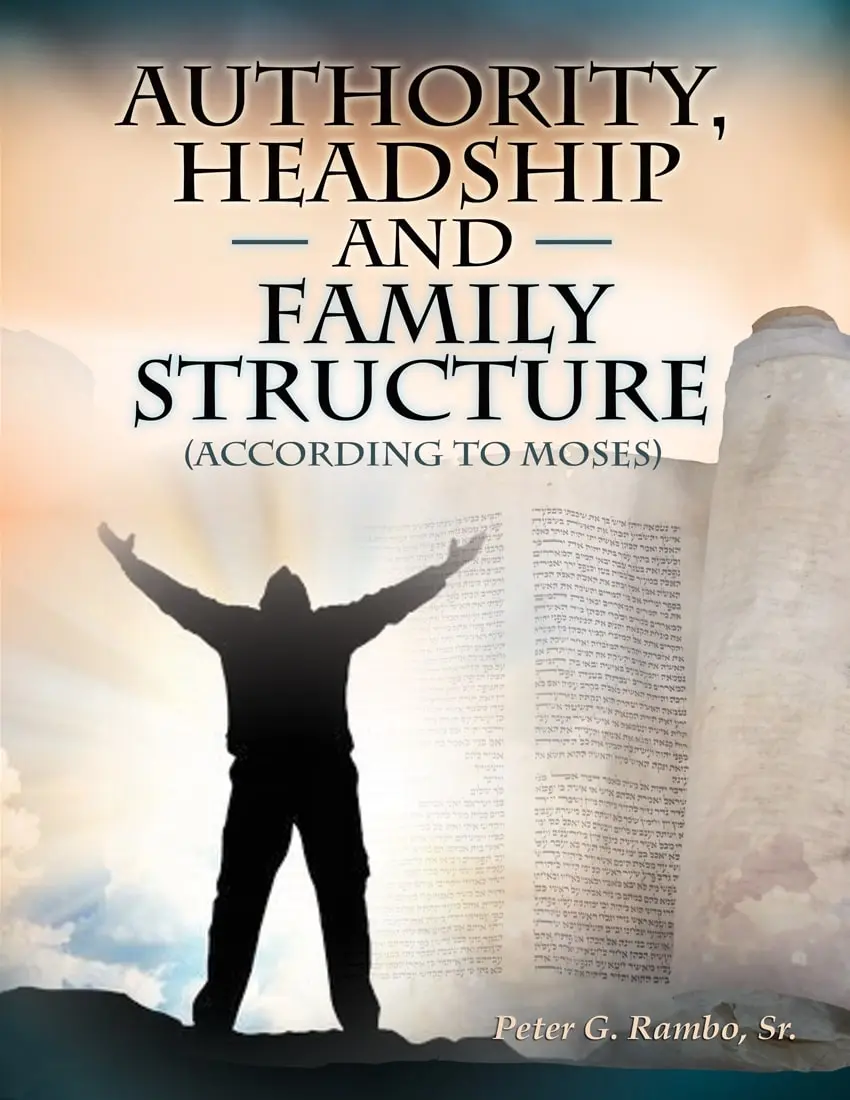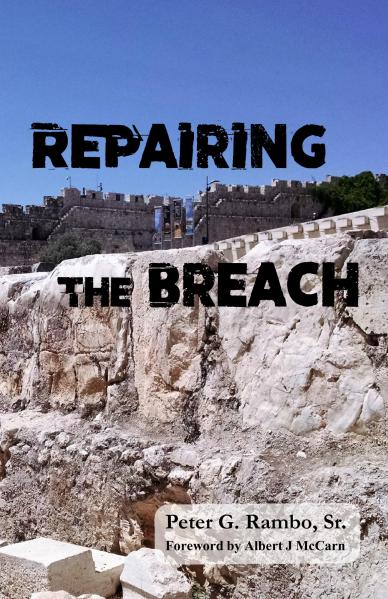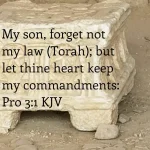Several days ago, I wrote concerning the nine times we are commanded, in one form or another, to ‘remember the Sabbath.’ Christendom’s defense for SUNday worship varies, however, the primary text is usually Acts 20:7 and the phrase, ‘on the first day of the week.’
7 On the first day of the week, when we were gathered together to break bread, Paul began talking to them, intending to leave the next day, and he prolonged his [a]message until midnight.
There are no places in Scripture that directly say anything whatsoever about Sunday worship or a change of the day from Sabbath to Sunday. Zero. None. Nada.
This verse is as close as we get and it has numerous challenges to surmount before even being regarded as potential evidence. Let’s consider multiple reasons why this verse cannot be used as a foundation for challenging established Scripture.
1. In order to demonstrate the argument that this verse, and others have to overcome, let’s begin with a brief comparison of two passages. Genesis 9:12-17 and Exodus 31:12-17 (selections).
12 God said, “This is the sign of the covenant which I am making between Me and you and every living creature that is with you, for [a]all successive generations; 13 I set My bow in the cloud, and it shall be for a sign of a covenant between Me and the earth…. 16 When the bow is in the cloud, then I will look upon it, to remember the everlasting covenant between God and every living creature of all flesh that is on the earth.” 17 And God said to Noah, “This is the sign of the covenant which I have established between Me and all flesh that is on the earth.”
12 The Lord spoke to Moses, saying, 13 “But as for you, speak to the sons of Israel, saying, ‘You shall surely observe My sabbaths; for this is a sign between Me and you throughout your generations, that you may know that I am the Lord who sanctifies you…. 16 So the sons of Israel shall observe the sabbath, to [a]celebrate the sabbath throughout their generations as a perpetual covenant.’ 17 It is a sign between Me and the sons of Israel forever; for in six days the Lord made heaven and earth, but on the seventh day He ceased from labor, and was refreshed.”
Notice in both of these that Yahweh establishes an ‘everlasting/perpetual covenant’ ‘throughout/all successive generations’ with a ‘sign.’ When Yahweh sees the sign, He remembers the covenant. So, if we understand ‘covenant,’ then we understand the terms cannot change. Every time we see a rainbow, we know Yahweh will never again flood the earth. Likewise, every time the calendar hits the seventh day, we know Yahweh sanctifies us. Conversely, if we can make the rainbow disappear, we can abolish the covenant. In similar manner, if we can make the calendar skip the Sabbath, then we can consider Yahweh’s ‘set apart’ day to have changed. (I think Yahweh and Yeshua both say something to that effect elsewhere…)
So, right from the beginning, we see that the burden of proof for a change of day (Sabbath to Sunday) is, for all practical purposes, insurmountable. Still, we’ll entertain Acts 20:7.
2. There is a curious phrase in Acts 20:7 that is only used nine times in Scripture, and to my knowledge, never used in any known extrabiblical or secular text contemporary to the Gospel writers. Essentially, there is something unique about this phrase. That Greek phrase is μιᾷ τῶν σαββάτων, or, transliterated into English, ‘mia tōn sabbatōn.’ (Your eyes do not deceive you, you can actually read part of that!)
The phrase, in its most literal form reads ‘one of the Sabbaths,’ and there are a few rare translations that actually deal with the phrase in this manner. The very old Bishops Bible (predates the Geneva and the KJV…) says,
Act 20:7 And vpon one of the Sabboth dayes, when the disciples came together for to breake bread, Paul reasoned with the, redy to depart on the morowe, and continued the worde vnto mydnyght.
Modern translators however, translate the phrase as ‘first day of the week.’ Let’s consider the parts of the phrase:
σάββατον, G4521, appears 68 times. Of those, 59 times, it is translated as ‘Sabbath.’ Curiously, the only time it is translated ‘week’ is nine times, seven of which are all speaking of a particular day. The other two are Acts 20:7 and I Cor. 16:2.
μία, G3391, appears 67 times as an irregular form of the much more common εἷς . Of those, 58 times it is translated ‘one,’ and only eight times is it translated ‘first,’ seven of which exactly match the abnormal uses of σάββατον. Interesting.
τῶν, of G3588 is a definite article that is generally translated as ‘the,’ but has dozens of potential variants making the definiteness of the article a little ‘squishy.’
In toto, the phrase is definitely anomalous to the nine uses in the Greek New Testament leaving us with a challenge that is too easily squeezed into the ‘Sunday/first day of the week presuppositional box.’ Translator bias forces an understanding that may not be intended the way it is written.
3. Even if it does mean ‘first day of the week,’ there is a definite problem with the context. Nearly every instance of Paul teaching/preaching in Acts appear to occur on Sabbaths, so much so that in Acts 13:42-44, when God-fearing proselyte (Gentiles) desire to hear more, they ask for him to speak ‘the next Sabbath.’
If we understand that the common practice then, and even today, was for the Sabbath worship to end with a meal, and when a special teacher was in town then teaching may follow into the evening; and, we understand the Jewish day begins at sunset, this would still put Paul’s encounter with Eutychus (Acts 20:9) as happening late Saturday evening (according to our calendar). Again, this does not connect it with Sunday.
4. Of the nine uses of μιᾷ τῶν σαββάτων/mia tōn sabbatōn, seven refer to a specific day. That day is the day wherein Messiah Yeshua was first seen in His resurrected body. It was also the Day of First Fruits, or the Feast of First Fruits. It was a day that fell between Unleavened Bread (technically Pesach) and Pentecost. Of note is the fact that the other two uses of this phrase in Scripture (Acts 20:7 and I Corinthians 16:2) occur precisely between those Feasts indicating a possible connection between those days and the use of the phrase. Even more likely is the probable connection, not just with the time frame, but more precisely, First Fruits, itself!
5. The usual Greek word for ‘first’ is πρῶτος/protos (as in, prototype), and the usual Greek word for ‘day’ is ἡμέρα/hēmera. Therefore, the generally accepted Greek phrase for ‘first day’ is πρῶτος ἡμέρα/protos hēmera. Interestingly, Luke, the author of Acts is not ignorant of that fact demonstrated by his use of that very phrase in 20:18! This again indicates something different about the particular use of μιᾷ τῶν σαββάτων.
6. Acts 20:7 describes this time of gathering as a time wherein they ‘break bread.’ Some would have us believe this is a worship service ending in communion, but the text is unclear on the matter. The context points more to a fellowship meal just like the uses of the same Greek phrase in Acts 2:42,46 and 20:11. All point, not to ‘communion,’ but to fellowship meals, which helps to confirm point #3.
7. There is not another single instance in all of Scripture that even hints at Sunday worship, nevermind a change of day! Consider that the whole book of Hebrews is dedicated to making the case that Yeshua/Jesus is the perfect atoning sacrifice and a better High Priest. No such case for a change of day exists anywhere in Scripture.
Every one of these points has more depth, but for the sake of brevity, we have enough evidence to draw some conclusions. Here is a quick recap:
- First, as point #1 makes, the ‘sign-covenant-forever’ formula we see in Exodus 31 makes any change, by all practical measures, impossible.
- Point #2 clearly demonstrates the very real probability that the phrase is not even translated correctly.
- Points #3 and #6 demonstrate that with a Hebraic understanding of a ‘day’ as beginning at sunset, the whole scene very likely took place on a Saturday evening.
- Point #4 explains that every instance of ‘the phrase’ occurs in conjunction with a particular time frame and possibly Feast day.
- Point #5 articulates a specific phrase used by Luke in the same chapter that DOES mean ‘first day.’
- Point #7 reveals the dearth of evidence in Scripture for any change of day of worship from Sabbath to ‘First Day.’
Conclusion: Acts 20:7 is not even close to being grounds for Sunday worship. In fact, it more likely support Feast Observance and Sabbath keeping which would be in keeping with the preponderance of evidence throughout Scripture.
| ‘Certain of the Sabbaths,’ a special name for a significant date?
As I studied this, an alternate picture began to emerge, one I had not previously considered for this particular phrase. Therefore, I propose a theory. Is it possible that this phrase, absent from all other literature, was a particular idiomatic expression within the Messianic Jewish community that pointed to a particular day that occurred during/on the heels of Unleavened and well before Pentecost/Shavuot? Is it possible that this became an alternate name among the brethren for Feast of First Fruits?Bear with me. Let’s pull a couple pieces together. First Fruits was a Sabbath/holy convocation according to my understanding of Leviticus 23, but it was not a ‘High Sabbath’ like Pesach or Yom Kippur. On three occasions in the KJV, Luke, in his letter to Theophilus, uses the word μία/mia where the translators render it ‘certain,’ (Luke 5:12, 17; 8:22) as in, ‘a certain city,’ ‘a certain day,’ and ‘a certain day.’ Putting these two pieces together, is it possible that the early believers began to refer to First Fruits as ‘a Certain Sabbath,’ or ‘a Certain of the Sabbaths?’ Interestingly, the oldest manuscripts do not have Mark 16:9-20 which includes the phrase ‘first day of the week,’ where the Greek says πρῶτος As an idiomatic expression, I do not believe it in any way validated Sunday, but may have been an ‘inside’ name for the day of Messiah’s post-resurrection appearances. Paul would not have used it in dealing with Gentiles, but he does openly and often refer to ‘first fruits’ and Messiah’s resurrection. If all of the ‘first day of the week’ mistranslations were rendered ‘certain of the Sabbaths,’ as a name for that particular feast/resurrection* day, then all but the I Corinthians 16:2 verses would make sense, particularly when we recognize they are written well after The Day and to an audience already familiar with the Feasts/Sabbaths. Anyway, it is something to consider when we understand the only uses of the phrase are evidenced among Messianic Jews. * I believe the actual resurrection occurred at sunset at the end of the weekly Sabbath, over which Messiah is/was ‘Lord.’ See: The Easter Fraud Chart! |
If this study has challenged or blessed you, please consider sharing it.
Shalom and blessings in the wonderful name of Yeshua haMashiach Sar Shalom, the risen Prince of Peace!!




















































































































Great piece here Peter. I agree with your analysis of “mia ton sabbaton”.
But….I’ve thought about using the rainbow/Sabbath reasoning to try to explain to my family why I am now keeping Sabbath, but knowing that my family has long-time roots in the study of Scripture (however dispensational their interpretations are), I think they would quickly point out that the rainbow is a covenant “with the earth” vs 13 and with “all flesh on the earth” vs 17, while the Sabbath is a covenant with the “sons of Israel”.
Hence they would disregard this argument to keep the Sabbath.
How would you approach this issue?
LikeLike
Welcome, Glenn,
Excellent question. There are several solid responses that I would counter with.
1) Who is the New Covenant with? A. House of Israel and House of Judah. Where do they think they fit? What does it really mean to be grafted in?
2) If indeed the Sabbath Covenant is forever for Israel (whether we belong or not) then that assumes God has a Day for Israel (the Jews) and a day for non-Jews (Greek/Gentile). Does that mean we make Jews (their understanding of Israel) sin if they come to Messiah and start keeping Sunday, or do they keep both days, or do they keep Shabbat and Christians keep Sunday and God doesn’t care who keeps what? see? Gets confusing…
3) The seventh-day principle was established at creation for Adam, therefore all mankind, therefore, US! Most of Christendom would agree with the first two points before asserting that it was changed at the cross. I ask, ‘Where?’ I find NO Scriptural support for a change!
Other ways to look at that, but #1 and #2 should be sufficient for any who want to give Scripture priority over tradition.
Bottom-line: There is NO Scriptural support for Sunday. Period.
Hope that helps! Shalom!
LikeLike
Pingback: Acts 20:7 and the Sabbath | Crop Circles in the Carpet
Thank you for the reblog. I enjoyed your article and the connections we share. Shabbat shalom, brother!
LikeLike
Pingback: Assumptions, Biases and Misdirection. IVPNT: Acts Pt. 6 | natsab
Pingback: An Agrarian Spiral Binder » Acts 20:7 and the Sabbath
Pingback: …the faith once delivered… | natsab
Pingback: Marriage, adultery and Christian error… | natsab
Pingback: Westminster Confession Errors Pt.2 | natsab
Pingback: Guilt-free Rest! | natsab
Hi, Pete
I have written extensively on this matter (mia twn sabbatwn) at the Scriptural Timekeeping blog. I do note in your writing, as I scanned your article, that you believe that to a Jew, a day begins at sunset; this is not so. A day begins at three stars, which follows sunset usually about 45 minutes, give or take, This understanding is by the law of witness (two or three) establishing in a court, the beginning of a month. It is validated in the practice of havdalah that follows Shabbat, in Jewish practice and understanding. Many messianics have taken this for granted, but it makes a serious error in time-keeping overall. Thought you would like to know this.
Eliyahuk
LikeLike
There is a unique phrase in the bible, translators translate it as the second sabbath after the first that has stumped most bible students. Why? Because they don’t keep God’s appointments.
Luk 6:1 – And it came to pass on the second sabbath after the first, that he went through the corn fields; and his disciples plucked the ears of corn, and did eat, rubbing them in their hands.
They were going through the grain fields plucking ears of grain. This had to have been during the seven weeks of harvest leading up to Pentecost. In fact this was the second sabbath in the count of seven sabbaths.
Since seven sabbaths had to be complete, each sabbath period consisted of seven days. While we know that Luke 6:1 has to be referring to the weekly sabbath since the Pharisees were condemning them for doing that on this day, the phrase “first day of the sabbaths” can not be referring to the weekly sabbath because it is plainly said this was “after the sabbath”.
Mat 28:1 – In the end of the sabbath, as it began to dawn toward the first day of the week, came Mary Magdalene and the other Mary to see the sepulchre.
Remember the phrase “first day of the week’ is a mistranslation, it really means first the sabbaths (plural). But this day couldn’t be a weekly sabbath, Matt. 28:1 says “In the end of the sabbath” as it began to dawn toward the first of the sabbaths.
The phrase first day of the sabbaths or mia ton sabbaton obviously has to be referring to the entire first week in the seven week count. That week began, after the weekly sabbath, after sunset. Sorry but I don’t care about the Jewish three star tradition.
The day that Jesus arose was the same day that the wave sheaf had been cut for centuries. It was on the morrow after the sabbath and it began the count of seven weeks, or seven complete sabbaths. Each sabbath period a full seven days.
Kevin McMillen
LikeLike
Pingback: The Church Lied to Me!! | natsab